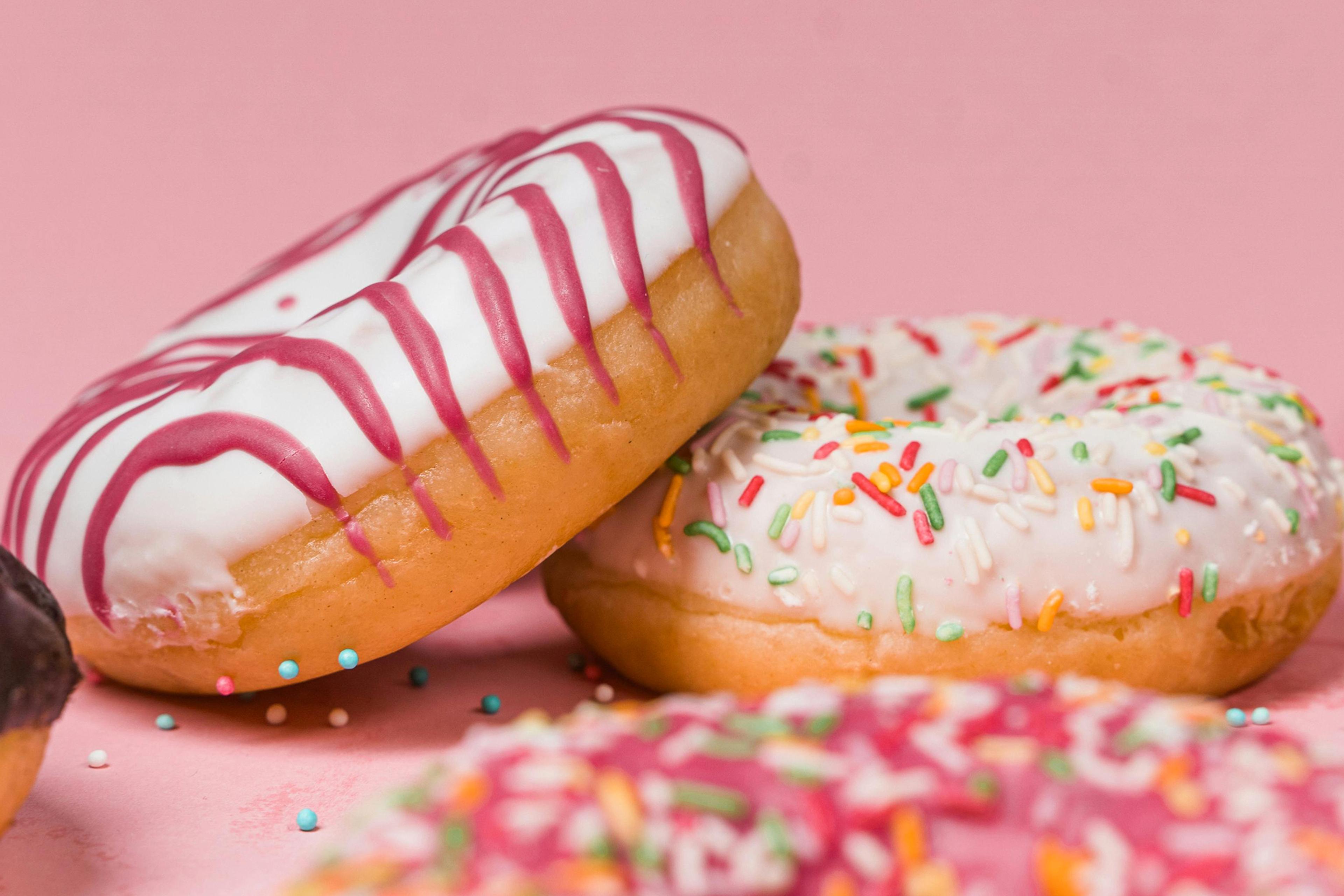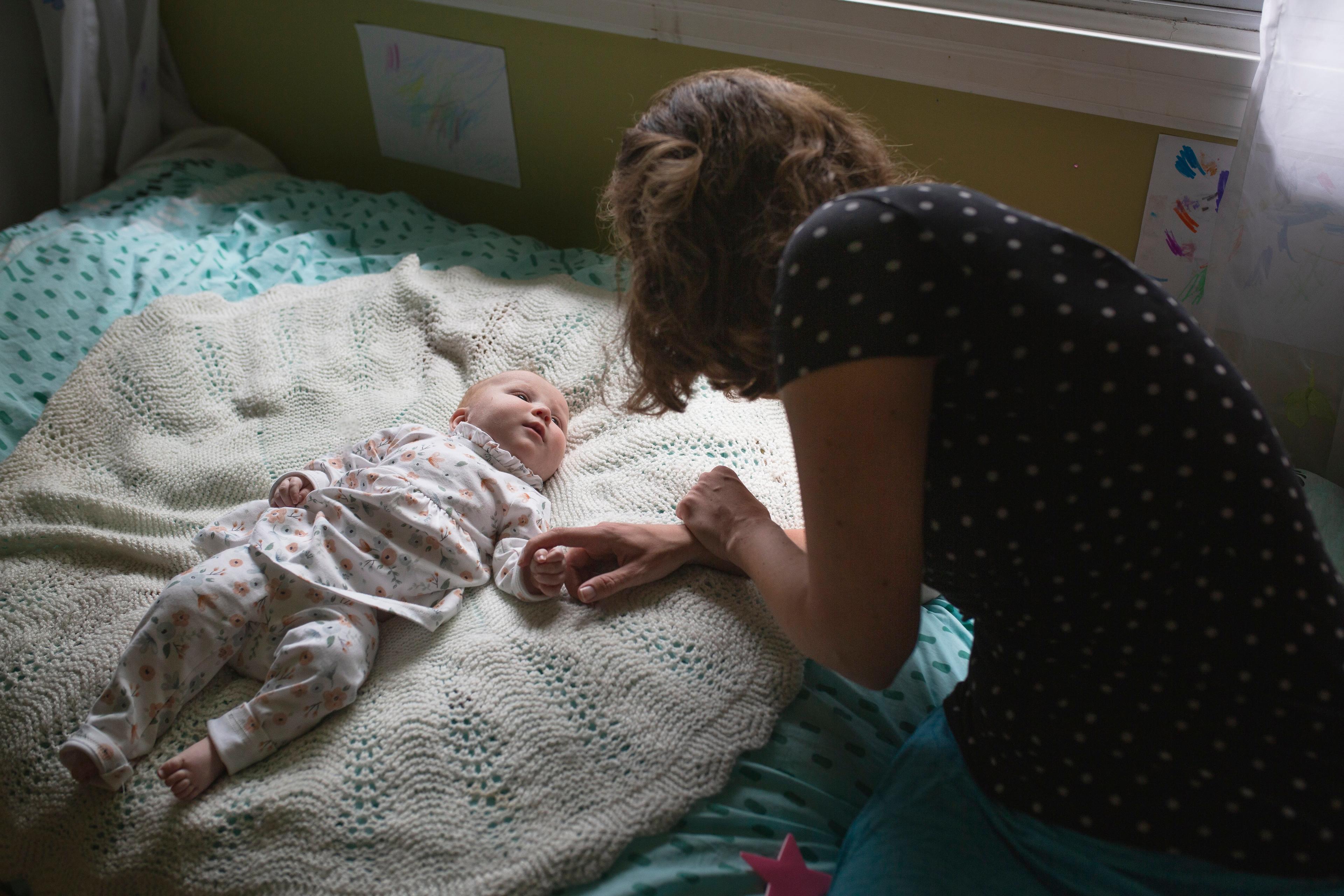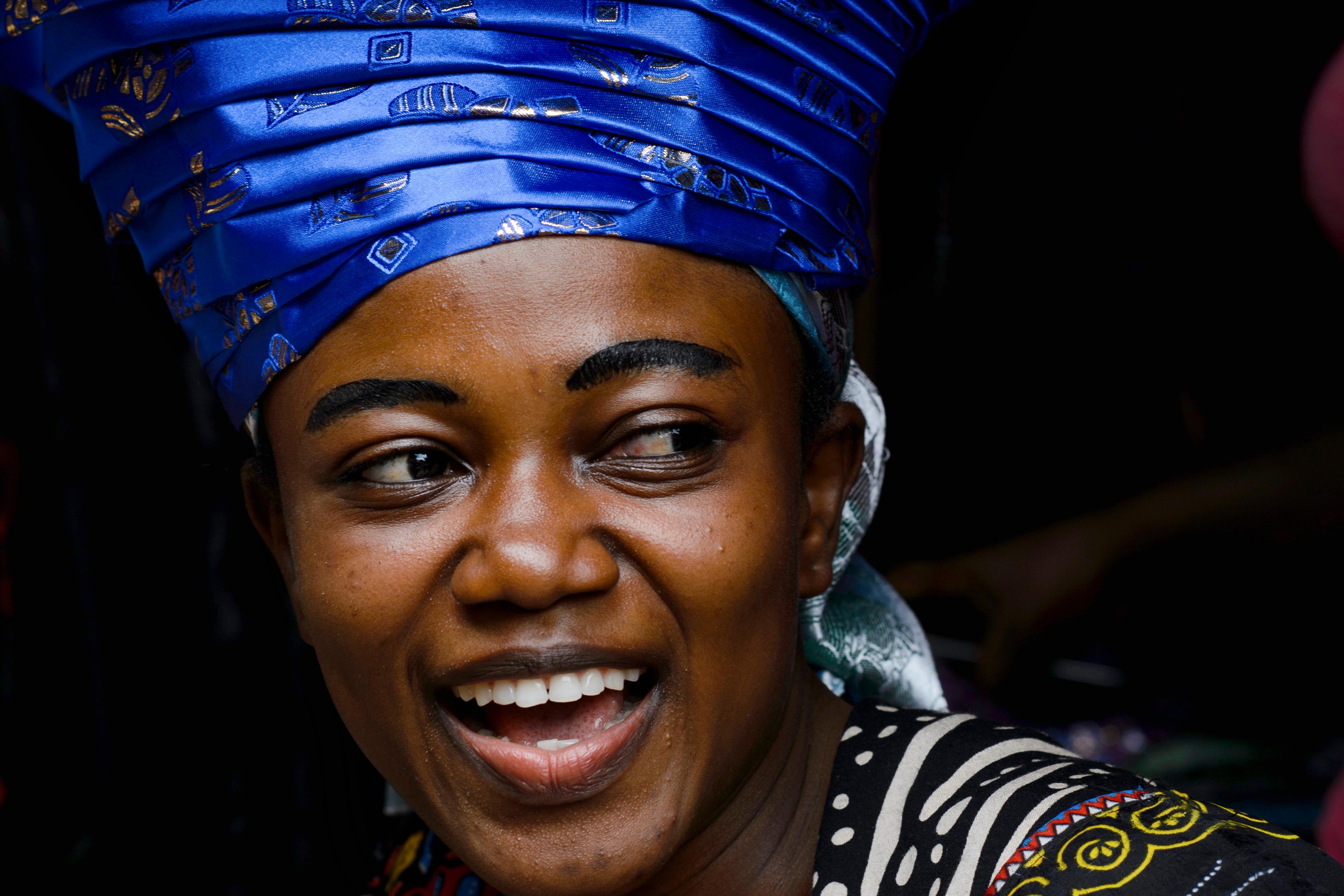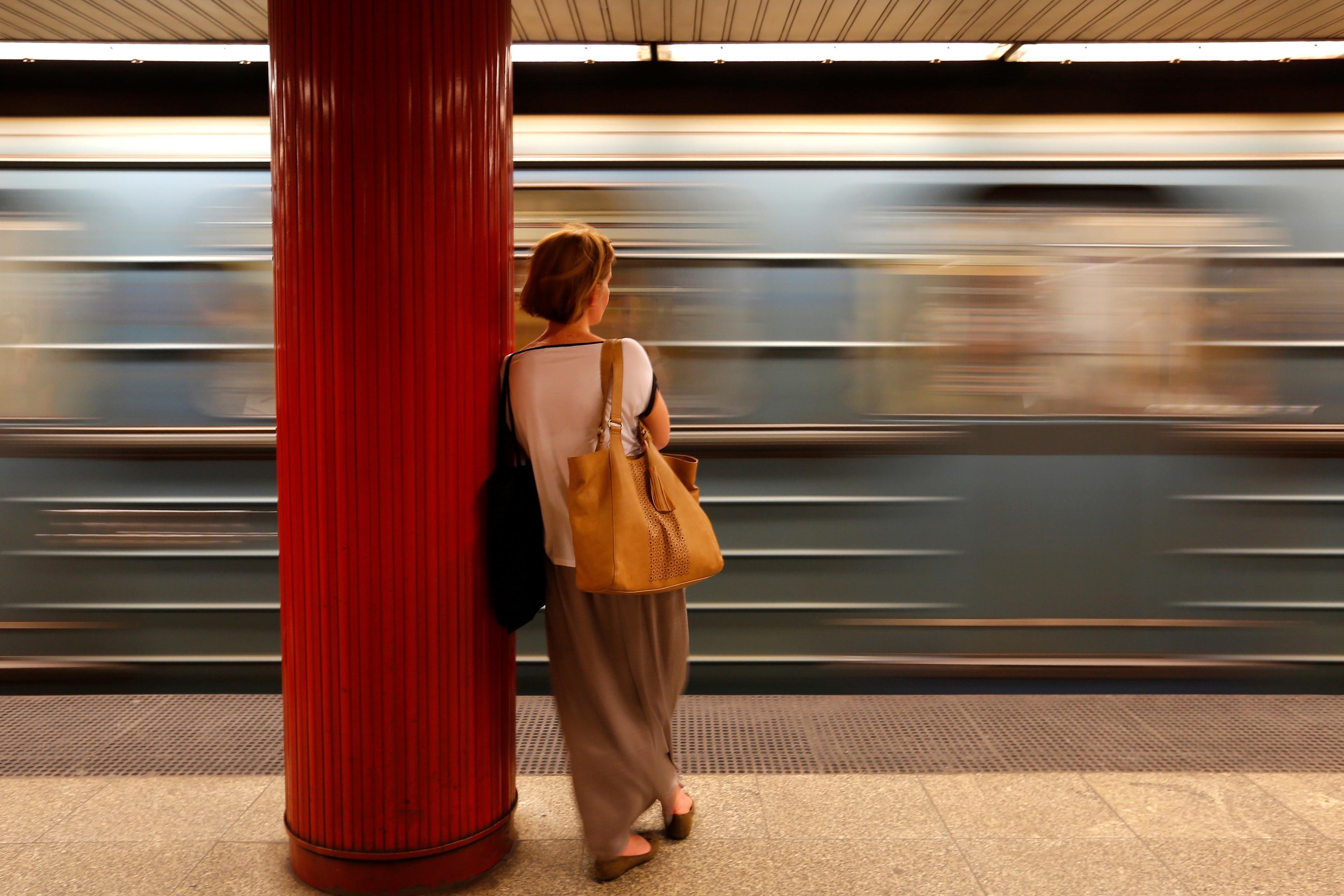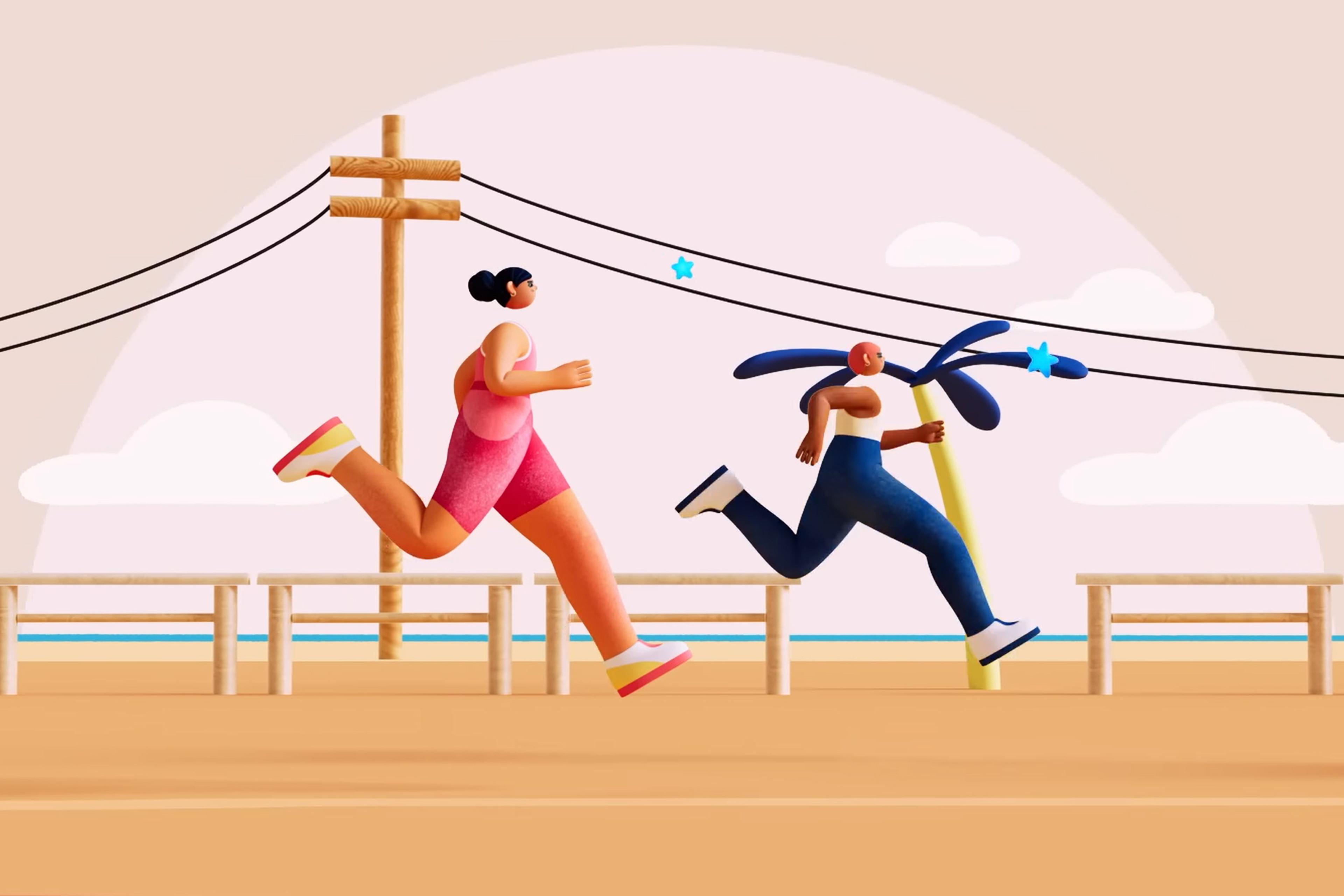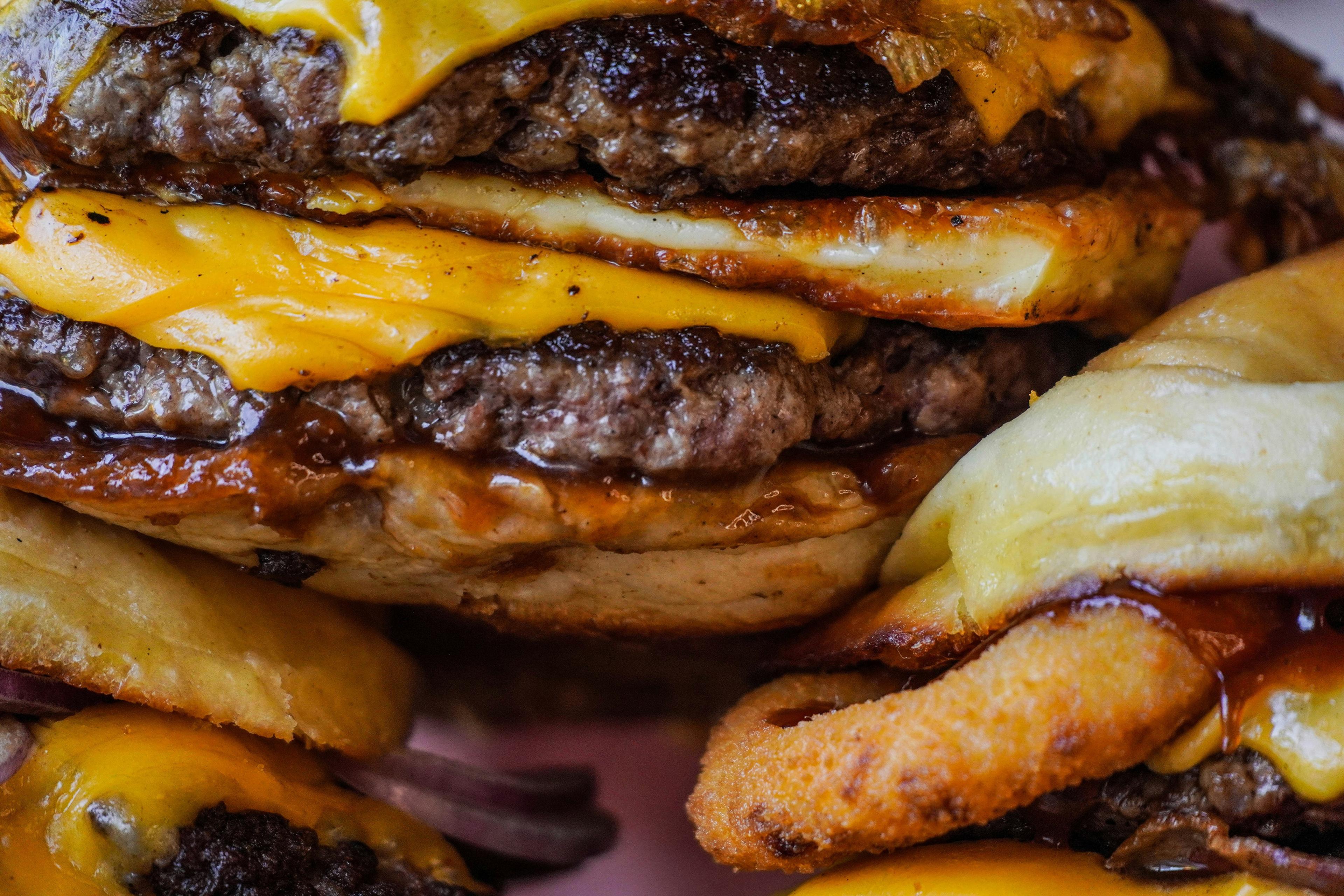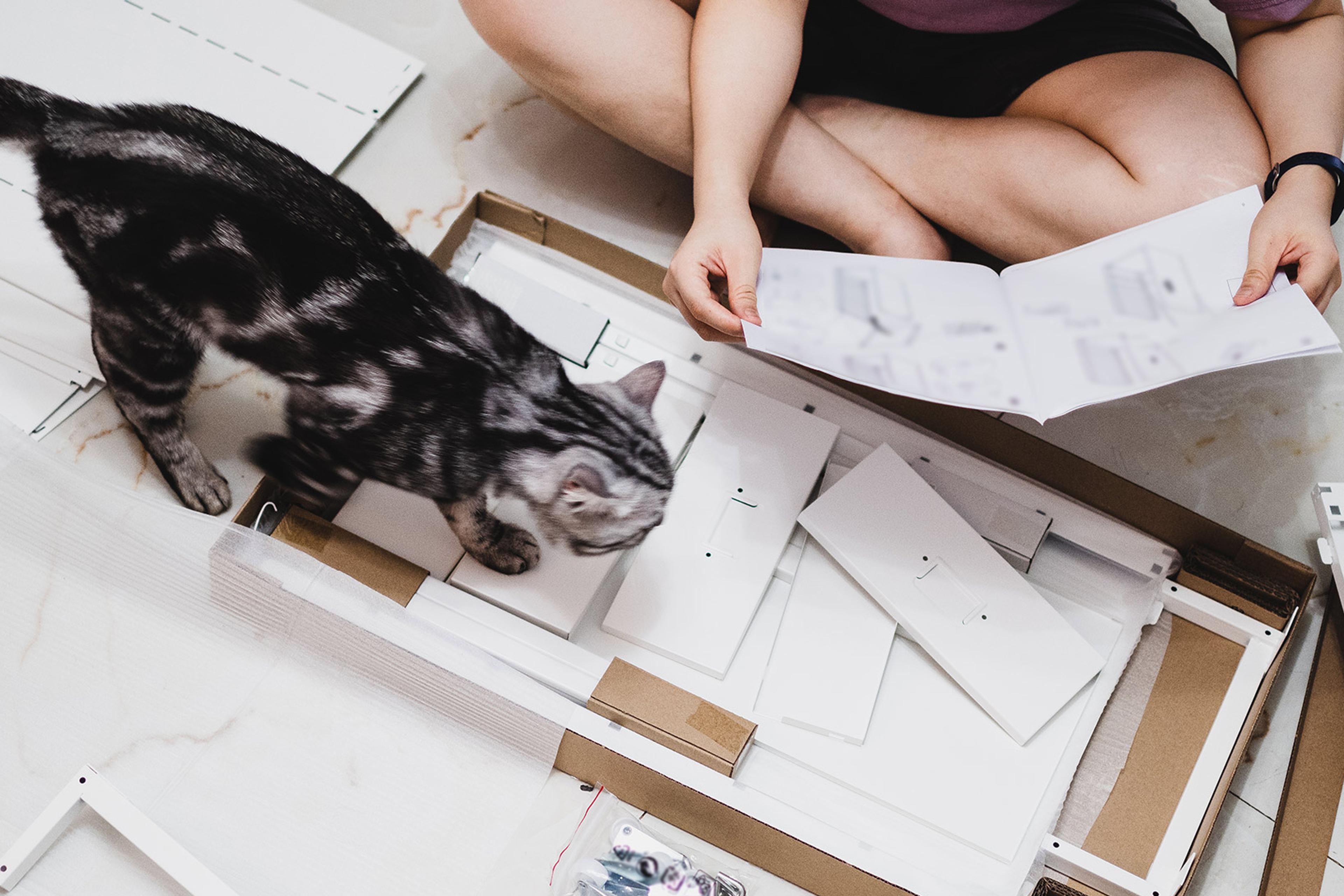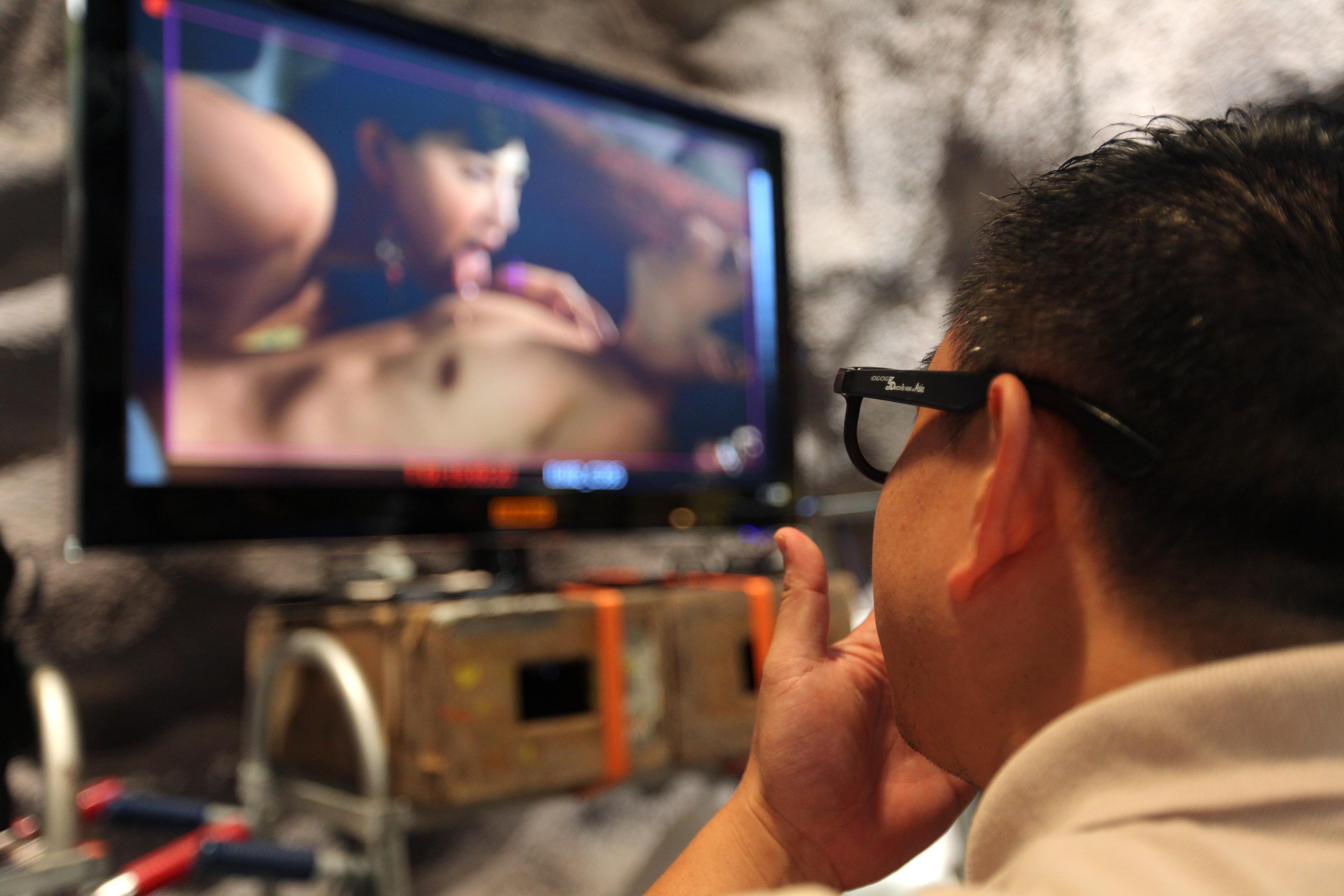Why do you want what you want? Whether it be a kind of food, a person’s attention, a cigarette or a third coffee, we often think we want things because we like them. It’s an intuitive position that the philosopher John Stuart Mill held: he argued that when we desire something, it’s because we want the pleasure it will bring us. To want something ‘except in proportion as the idea of it is pleasant, is a physical and metaphysical impossibility,’ he wrote in Utilitarianism (1863).
But, sometimes, you might realise that you didn’t really enjoy that slice of cake or coffee, despite how much you wanted it. Scientific research confirms that, contrary to what Mill said, it is possible to want something you don’t like very much. A few decades ago, ‘I thought that liking and wanting were just two words for the same process,’ says Kent Berridge, a neuroscientist at the University of Michigan in the US. Berridge’s research has helped to demonstrate the difference between these two processes: wanting, the motivation or urge you have to go after a reward, and liking, the pleasure from the experience itself. His work has shown that the mechanisms for wanting and liking are distinct from one another, generated by different chemicals and regions in the brain.
Together, wanting and liking encourage us to pursue rewards. But these sensations can also stand alone, creating situations where you might know that you enjoy something but don’t want to go after it, or where you might have a strong desire for something that you don’t get much pleasure from. This dissociation can further our understanding of addiction, as well as the loss of motivation that comes with some mental disorders. It can also be helpful in confronting – and sometimes reconsidering – our wants and pleasures, day to day.
Berridge’s quest to understand the workings of wanting and liking goes back to when he was a graduate student in the 1980s, researching the feeling of liking. At the time, most scientists believed that the neurotransmitter dopamine was responsible. They had recently identified the dopamine reward system and found that it was active during the experience of rewards such as food, drugs, sex or social rewards. When the neuroscientist Roy Wise blocked dopamine in the brains of rodents, he found that they eventually stopped eating, stopped having sex and stopped socialising, presumably because they lost the pleasure of those rewards.
Those rats had no motivation to seek out food at all; they had to be fed by hand to stay alive
Berridge took on an experiment that he believed would add more support for the dopamine theory of pleasure. He was studying rats and their facial expressions when they ate tasty or bitter foods. These facial expressions are similar to humans’: the rats stick out their tongue and lick their lips when they like a taste and, when tasting something bad, their mouths gape open in disgust.
By blocking dopamine in the rats’ brains with a drug, Berridge expected to show how their facial expressions switched from liking to disliking. To his surprise, that’s not what happened. Blocking the rats’ dopamine did strip them of their motivation to eat, but it didn’t alter their liking response when they were fed. Berridge teamed up with the neuroscientist Terry Robinson, who had more extreme methods to deplete rats of dopamine, through brain lesions. Those rats had no motivation to seek out food at all; they had to be fed by hand to stay alive. But when they were given sweet foods, they still showed facial expressions that indicated they liked what they were eating.
‘At that point,’ Berridge recalls, ‘I had to say: OK, something is wrong with how we’re looking at this.’
A key part of what dopamine actually does is cause wanting: it’s related to the anticipation of rewards, as opposed to the enjoyment of them. Wanting and liking are both associated with a part of the brain called the nucleus accumbens, but within this region are two distinct areas: some that are involved in generating pleasure and, others, motivation.
By increasing dopamine, Berridge can even make a rat want something that hurts – like an electrified probe. In another study, Berridge and colleagues raised dopamine levels and found that it didn’t seem to increase the rats’ liking for a reward, but did make them pursue the reward with much more intensity.
Patients said they couldn’t stop wanting a drug, even though the experience had become less pleasurable
Liking is supported through parts of the brain that are not dependent on dopamine. Berridge and his colleagues have found that the liking system is made up of what they call ‘hedonic hotspots’. The amount of brain space these hotspots take up pales in comparison with the systems for wanting. The hedonic hotspot in the nucleus accumbens is around a cubic centimetre in humans – 10 per cent of that region’s volume. The other 90 per cent isn’t able to make you like something, but it can lead to wanting. The wanting system is more robust, and probably came first in the course of our evolution, because wanting is more necessary than liking for survival, Berridge says.
Since discovering the difference between wanting and liking, Berridge and his colleagues have applied their theories to addiction. ‘Most of the people did not accept our notion when we started out,’ he says, except for one group: psychiatrists treating people with addictions. They wrote to him saying that his theory matched up with the experiences of patients, who said they couldn’t stop wanting a drug, even though the experience had become less pleasurable due to an increased tolerance to a drug’s effects.
Berridge has found that if a person’s dopamine systems become sensitised, their levels of wanting can skyrocket, even when pleasure is unaffected. ‘A person could have a higher wanting for drugs, even if their liking remained the same,’ he says. Conversely, when researchers suppress dopamine in people with cocaine or amphetamine addiction, it can lower their desire to use these drugs, but doesn’t reduce how much they enjoy it. Brain imaging of people with behavioural addictions has also shown more activity in the dopamine system in response to addictive cues, like gambling or food – so drugs aren’t required in order to sensitise this system. Similarly, people still reported liking the taste of foods when their dopamine was suppressed, even if their motivation to eat the food decreased.
Wanting and liking are supposed to be paired, and it’s still rare for someone to want something they absolutely hate the experience of. ‘The biological, evolutionary premise is that these two should go hand in hand,’ says Mike Robinson, assistant professor of psychology at Wesleyan University in Connecticut, US. ‘As one increases, the other one should increase the same amount.’ But the relationship between the two can become skewed, and, in the case of addictions, the wanting is sometimes much higher than the liking.
There’s an important distinction between the kind of wanting Berridge is talking about and ‘wanting’ in a more aspirational sense. ‘I want to work out more, I want to stop spending so much time on social media, I want to eat healthier – those are cognitive plans,’ Robinson says. This kind of wanting can go along with a more primal want, but it doesn’t have to. It’s the more intense wanting that is affected in addiction.
There are other striking cases where too much or too little wanting can be produced through changes to dopamine. People who take medications for Parkinson’s disease sometimes develop extreme behavioural addictions. The older medications for Parkinson’s, like L-Dopa, helped the brain to make natural dopamine. Newer medications provide artificial dopamine that can attach directly to dopamine receptors. This can lead to compulsive gambling, compulsive pornography use and sex pursuit, compulsive shopping or eating, or even the compulsive pursuit of more medication – even though taking the medication isn’t that pleasant an experience.
Not giving in to something you want does not necessarily mean robbing yourself of something you will like
People with Tourette syndrome who have an excess of dopamine sometimes resist taking medication that reduces it, because the medication can also reduce their desires and lead to motor issues. ‘They stop caring about life, stop wanting to eat, have sex, they stop socialising,’ says Robinson.
There are also a number of conditions – including schizophrenia and major depression – that can involve what’s known as anhedonia, or a loss of pleasure. ‘The value of rewards seems to drain out of life, and people say that rewards aren’t worth anything anymore,’ Berridge says. But in the past decade, researchers have started to find that if you give a person a positive reward and ask them to rate the pleasure, the ratings are likely to be normal – it’s just the motivation to pursue them that has gone away. Berridge thinks some of these cases might be better described as avolition (loss of volition and motivation), or anticipatory anhedonia, as opposed to consummatory anhedonia.
Remembering that wanting and liking are separate can be useful, even if you are not struggling with depression or a desire for an addictive substance, but are instead grappling with other kinds of common desires, or a lack of motivation. If I want to spend the rest of my day scrolling through TikTok instead of doing work, the strength of that feeling of wanting might suggest that there will be a big payoff in terms of enjoyment. But I can remember that this suggestion could be misleading, and that I’ll likely feel underwhelmed in the end. Not giving in to something you want does not necessarily mean robbing yourself of something you will like. And in the opposite case, just because you don’t want to do something – like going for a run, or hanging out with a new friend even if you’re feeling anxious – that doesn’t mean you won’t end up liking your experience.

